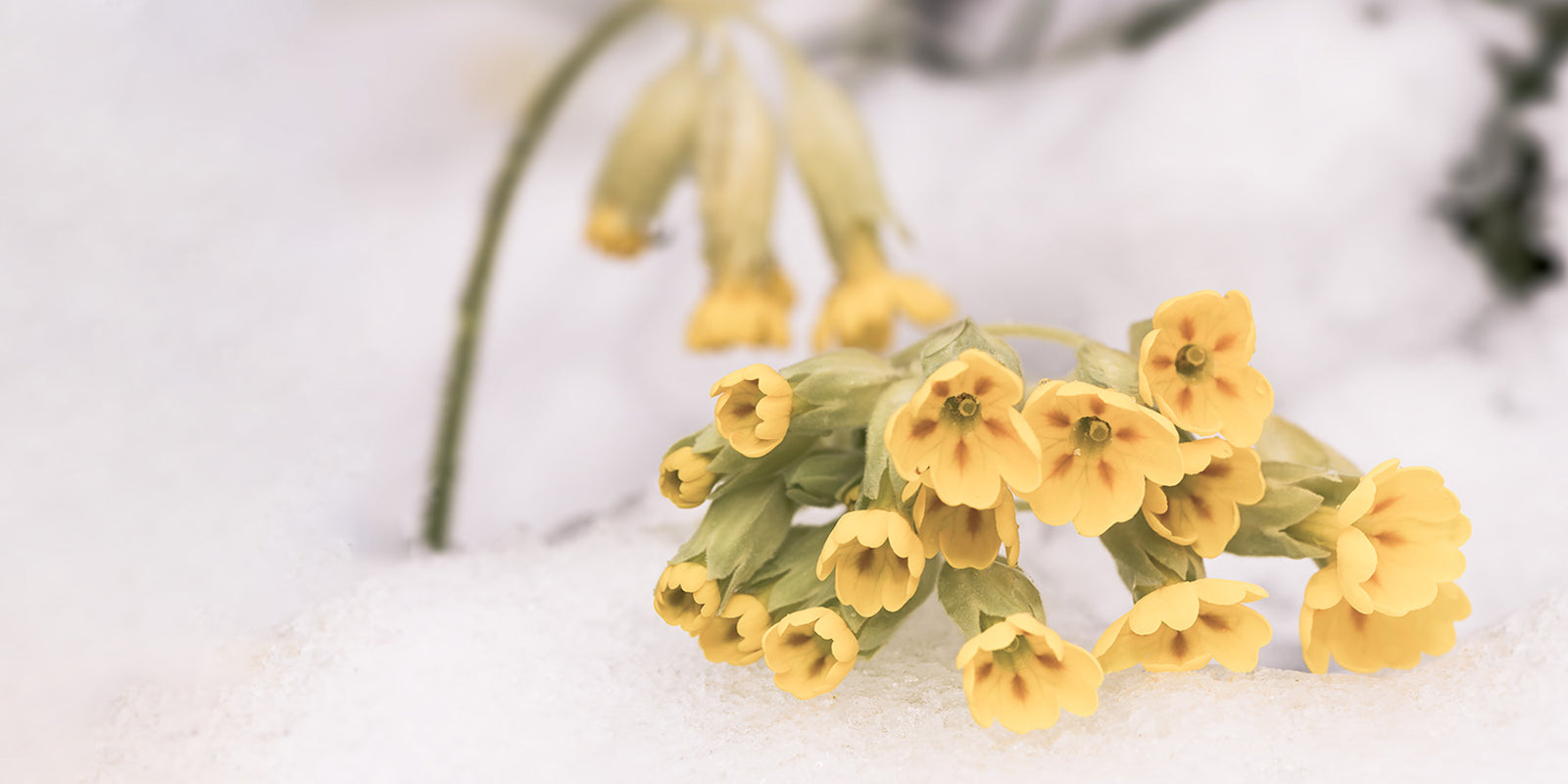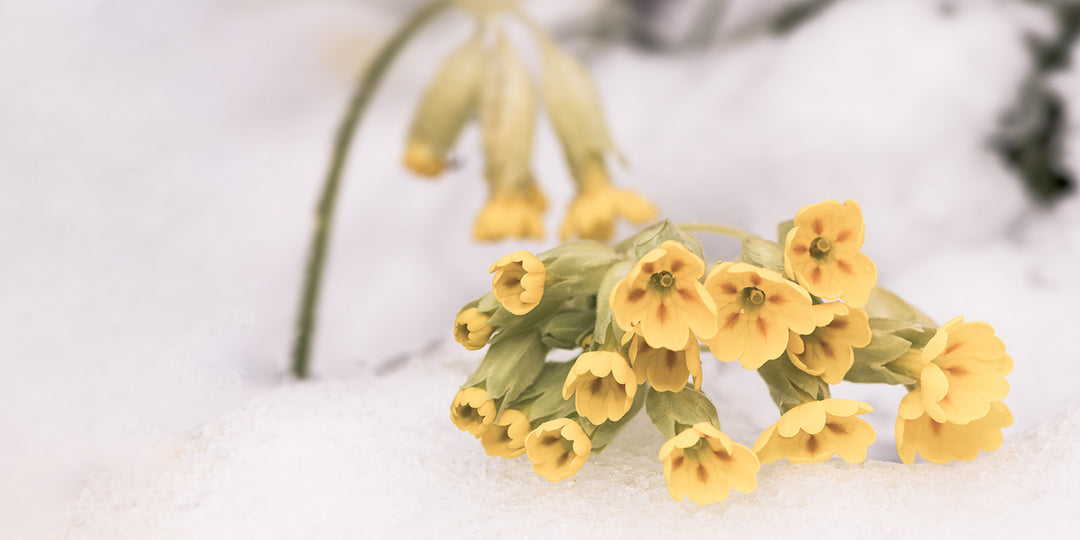Heavenly Power Against Cough

The secondary plant substances of the cowslip Primula veris have an expectorant effect and thus help with bronchitis, among other things.
The more a plant's appearance reminds us of something, the more myths and legends surround it. A good example is the primrose, named after its appearance. The plant, which is widespread in large parts of Europe and the Middle East, does indeed make us think of a key: either because the flowers represent the key's beard and the stem the key's tube, or because the individual, densely packed, yolk-yellow flowers are seen as keys on a bunch of keys. Either way: as soon as the primroses bloomed in April and May - Primula veris means "the first of spring" - the gently scented umbelliferous plants stimulated the imagination of our ancestors.
Brings protection and prosperity
In German and Dutch legends, the primrose is associated with Peter. The key to heaven slipped from his hand and fell to earth. Where it landed, the primrose is said to have grown - which is probably why it is also called the key to heaven. In Nordic mythology, it is said that elves and mermaids love and protect this special flower. The English name "fairy cup" is also reminiscent of this. In addition to luck, fertility and protection, the primrose also symbolizes prosperity and wealth in popular belief. There is a legendary figure, the key maiden, who wears a large, golden key on her crown and gives the plant the gift of tracking down hidden treasures. An ability that can also be found in many fairy tales in which primroses open the doors to secret treasure chambers. From a medical point of view, however, it is the plant itself that is valuable for our greatest treasure - namely our health.
Loosens stuck mucus
Since the Middle Ages, the primrose has been popular in herbal medicine for gout, as a heart tonic and as a preventative against colds. In modern homeopathy, the fresh plant is used for the warning signs of a stroke, skin rashes (eczema) and nerve pain. While the flowers only contain small amounts of saponins, the roots contain 3–12% triterpene saponins. These secondary plant substances activate the stomach lining, which causes the bronchial mucosa to produce more secretion. However, the larger amount thins the mucus and makes it easier to cough up - which is why extracts from primroses are helpful for colds with phlegmy coughs. The expectorant effect of the primrose also benefits us when the bronchi are inflamed. All in all, these are heavenly effects, especially during the winter cold season.






